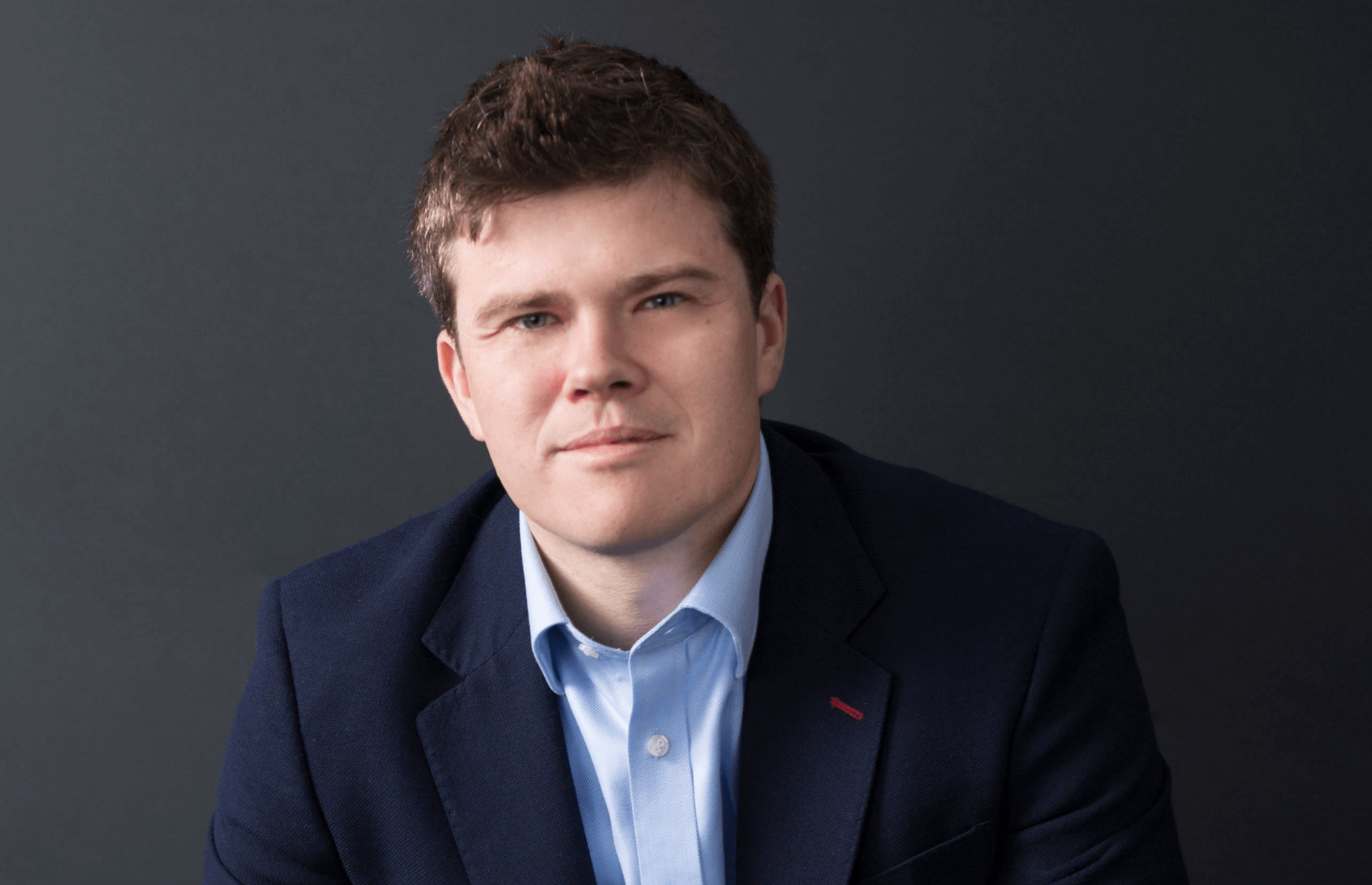
Property is a career people often fall into. In our new, monthly column, Propertista chats to property professionals about how they entered the sector and takes a look at their career path. This month, we talk to Chris Browne from The Horizon Group, who first started his property career while serving as an Officer in the British Army.
Initially, a self-managing landlord, this month’s Property Profile interviewee, Chris Browne, describes his first investment properties, which he purchased while still working in the army (day job), as ‘vanilla buy-to-lets’. He left the military and completed an RICS Masters degree while completing (and living in) his first refurbishment. The refurbishments continued, progressively getting larger and more complicated – so did the lifestyle of living in them.
As a very “hands-on” landlord, Browne was keen to always self-manage and be the first point of contact for his tenants. However, he eventually teamed up with a fellow portfolio landlord and created a lettings agency in a bid to professionalise and enable him to diversify and create a new income stream. A later opportunity to create a block management company allowed Browne to diversify even further and see things from the other side rather than just being a leaseholder. His next business venture was another natural progression; he launched a construction company to undertake works for clients and to formalise the building work done on this own growing portfolio. During the week, Browne is mainly found in his mobile office (a white van man) visiting his business portfolio.
Q: When did you first realise property was the industry for you?
I was fortunate. Although I was always focused on a career in the military, where I was accommodated on various military bases, I felt it important to get on the housing ladder at some point – all the anecdotal idle chat I’d heard was that bricks and mortar was a good investment. For me, it was certainly a lot easier to understand as an investment compared to equities in a stock market that I had little interest in.
The start of my property journey was buying through a sourcing company in Manchester, and I was a self-confessed ‘snobby investor’. I wasn’t looking for property to replace my income and I wanted to own property that I was proud to own. I didn’t want to have a property that looked great on a spreadsheet but awful in photos – especially as that kind of property was likely to cause more hands-on management – which I had little appetite for!
Q: What made you choose property as a career?
The idea of having wealth based on a tangible asset that was in undersupply, was an essential need and was difficult for someone to steal was very attractive. I was keen to create an income that didn’t rely on me working from a particular location and that didn’t require me to exchange time for money. I also loved creating things and getting my hands dirty, so turning ugly, smelly houses into larger, beautiful, modern homes was the perfect occupation for me!
Q: What does your everyday work involve?
My work is very varied, which is perfect for my relatively small attention span, and I love the different hats that I wear almost hourly! I got into property because I love building sites, watching them come together and working through challenges with the contractors, so I’m usually on a site daily. Having the ability to hot spot from my phone to my laptop makes working remotely seamless. The team members I work with are all remotely based too, we designed the companies to be paperless, so there are a lot of phone calls – which is infinitely better, in my opinion, than having to go into an office.
Q: What personal qualities do you think are important for a successful career in property?
Being successful in property is largely no different from other industries, however, I was quick to appreciate the property industry is a people business and not an industry of large, square inanimate objects made of bricks and mortar!
Landlord legislation has increased hugely over recent years and the UK tax changes for landlords means it’s vital that property professionals know, from the start, exactly why they’re getting into the profession and what they’re looking to get out of it.
Q: Are you a member of any property association or body and if so, what benefits do you feel they provide?
From the very start, I felt it was important to be a member of the National Landlords Association since I thought they were probably the best. I was keen to learn about the industry, so their magazines were helpful and having their helpline available was very reassuring at times!
My companies have various accreditations which are very important for them to ensure compliance and accountability. In this world of social media and having your shop front open to all on the internet, it’s essential to always be seen doing the right thing.
Q: What do you consider your greatest industry success?
I am proud to have had the concept of creating a group of companies that serve each other in many ways and allow me to become a more rounded and more knowledgeable property professional.
Q: What do you enjoy most about working in the property sector?
From the start, I was clear that I wanted my work to not depend on me staying in one location and I was keen to be able to create relatively passive income streams. I approach building up a company now like I do when purchasing and then renovating a property… Initially, you live and breathe the project putting blood, sweat and tears into it with the view to hopefully enabling it to be robustly set up so that it can then provide a long-term return without a great deal of involvement.
Q: Do you have any projects in the pipeline or career goals in mind?
I am keen to diversify my business interests so that I lend to other developers on their projects and gain experience on that side of the fence. Certainly, funding someone else, with the appropriate security, to deal with the trials and tribulations of doing a property project rather than myself, seems very attractive to me.
Q: What do you predict will be the main changes to the property sector over the next few years?
The property industry has experienced a barrage of legislative changes over recent years – described by some as ‘landlord bashing’. This has driven many ‘dinner party landlords’, and part-time landlords, who maybe were accidental landlords, out of this traditionally ‘cottage industry’. So, the barriers of entry are higher. For example, many landlords now invest through a property company, and I suspect this will only increase. It has certainly reduced the competition!
Q: What advice would you give to someone entering the profession today?
There are many cliché sayings that all ring true in many ways; “Buy land, they’re not making any more of it” or “Don’t wait to buy property; buy property and wait”. Many people that are in property wished they had started sooner, especially as, historically, property has appreciated greatly, so buying earlier often meant buying cheaper.
Generally though, and I’m totally biased, the property investment in this country has been profitable and proven to be a very resilient asset class, so I’d encourage anyone to get started, their first deal won’t be their best but it will enable them to get on the road towards that.
Having said that, professional advice based on their individual circumstances, finances and goals is hugely important before even opening up Rightmove!
It’s important for new investors to note that property investments are generally very illiquid, and investors should be mindful of having money tied into something that can be very difficult to extract money from at short notice.
Great advice from Chris Browne – we thank him for sharing his career journey.
Would you, or someone you know, like to be featured in our Property Profiles column? If you have a successful property career and would like to inform/inspire our readers, please get in touch via LinkedIn or email: editor@propertista.co.uk











